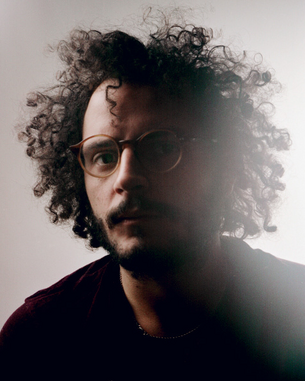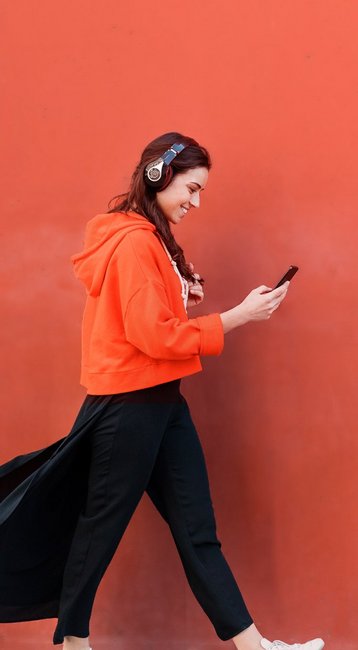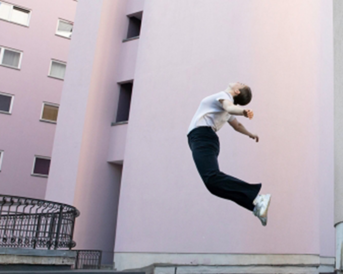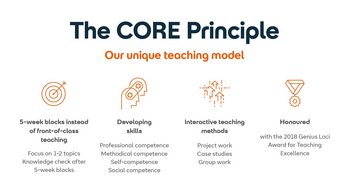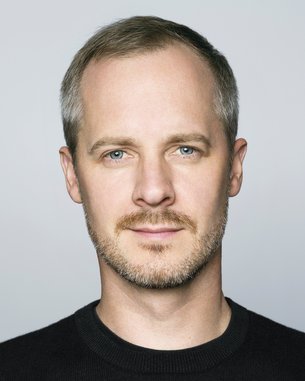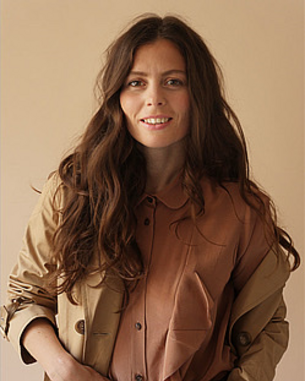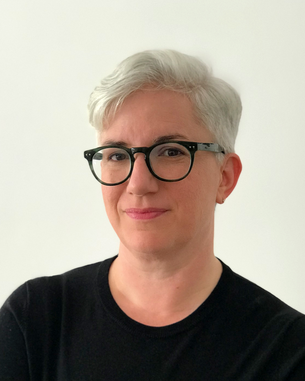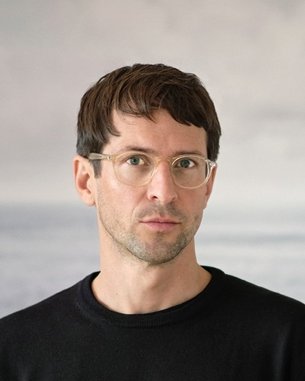As a state-recognised private university, SRH University is financed by tuition fees. The fees go towards equipping our campuses, providing services for our students, and ensuring quality assurance. This way, we ensure you receive the best possible education under optimal study conditions.
Tuition fees
- EU/EEA citizenship, including Switzerland, Western Balkans and Ukraine: €830 per month
- Non-EU/EEA citizenship: €5950 per semester
The monthly/semester tuition fees remain the same for the entire duration of the study programme. A one-off enrolment fee of €750 (EU/EEA) or €1000 (non-EU/EEA) is to be paid once.
